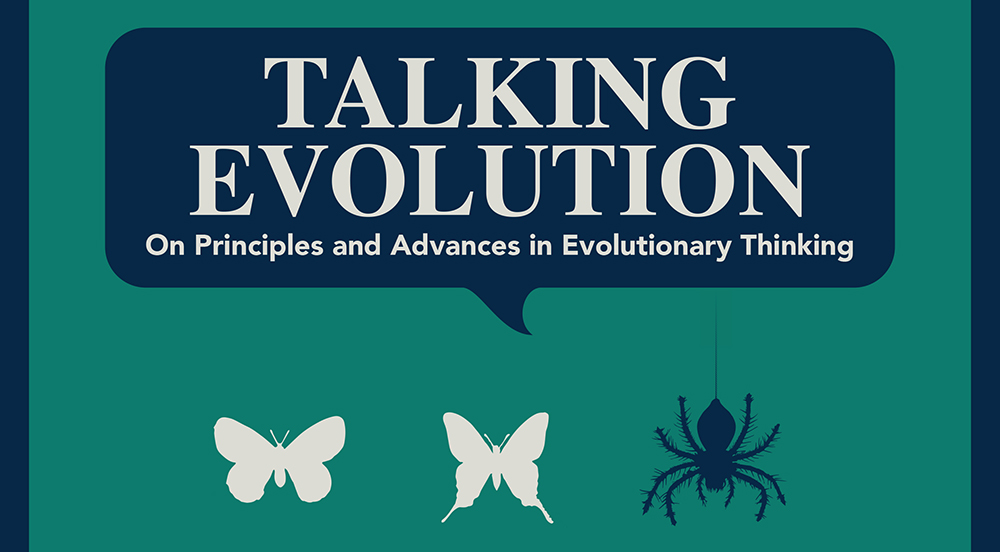Speaker
Description
Phenotypic plasticity, once a somewhat controversial topic in evolution, is now more broadly recognized as an important mechanism by which organisms can tolerate variable environments and avoid extinction. In particular, it is now understood that phenotypic plasticity does not necessarily counteract evolution by natural selection, and that investigating the origins of phenotypic diversity often requires studying the interplays between plasticity and genetic evolution, including the evolution of plasticity itself. However, the contribution of phenotypic plasticity to adaptation and population persistence in new environments, beyond the usual range of variation, is a more recent and open question, fostered notably by the interest in understanding - or even predicting - population responses to global change. I will present results from of our research on this topic, based on simple quantitative genetic models of reactions norms. These models highlight some key parameters that are needed for better prediction of population responses to environmental change, but for which empirical measurements are stills scarce. One is the genetic correlation of trait values between currently common and rare/extreme environments, which determines constraints on reaction norm shapes. Another is environmental predictability or cue reliability, which may well differ between the previous and novel environment. I will end by discussing some of the challenges with relating these theoretical predictions to empirical measurements, with a particular focus on our current empirical work, notably on the halotolerant microalgae Dunaliella salina.

